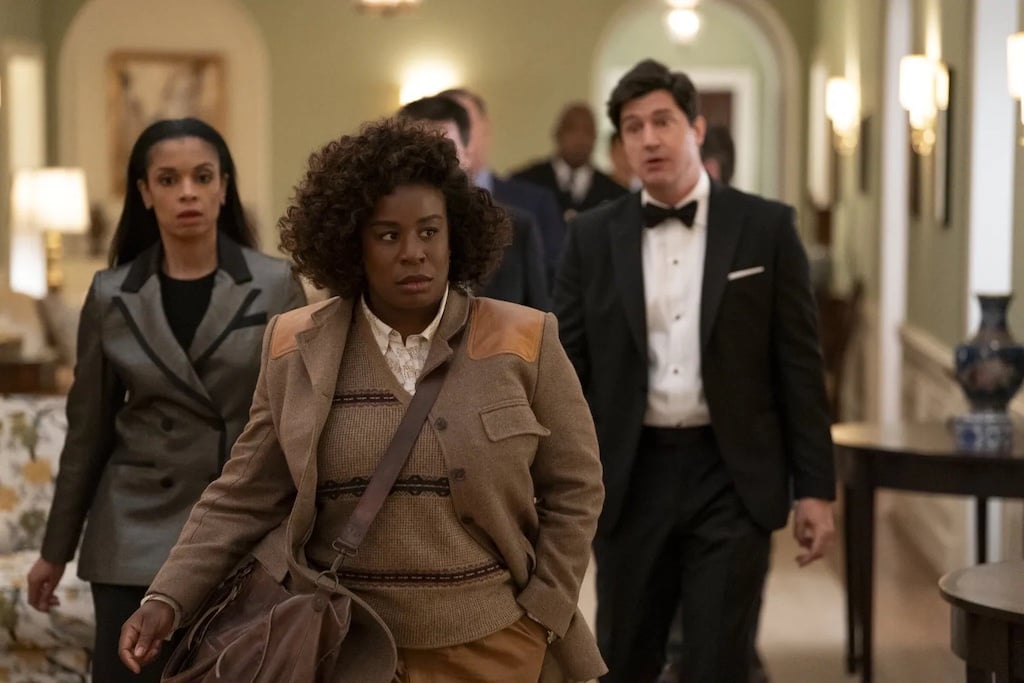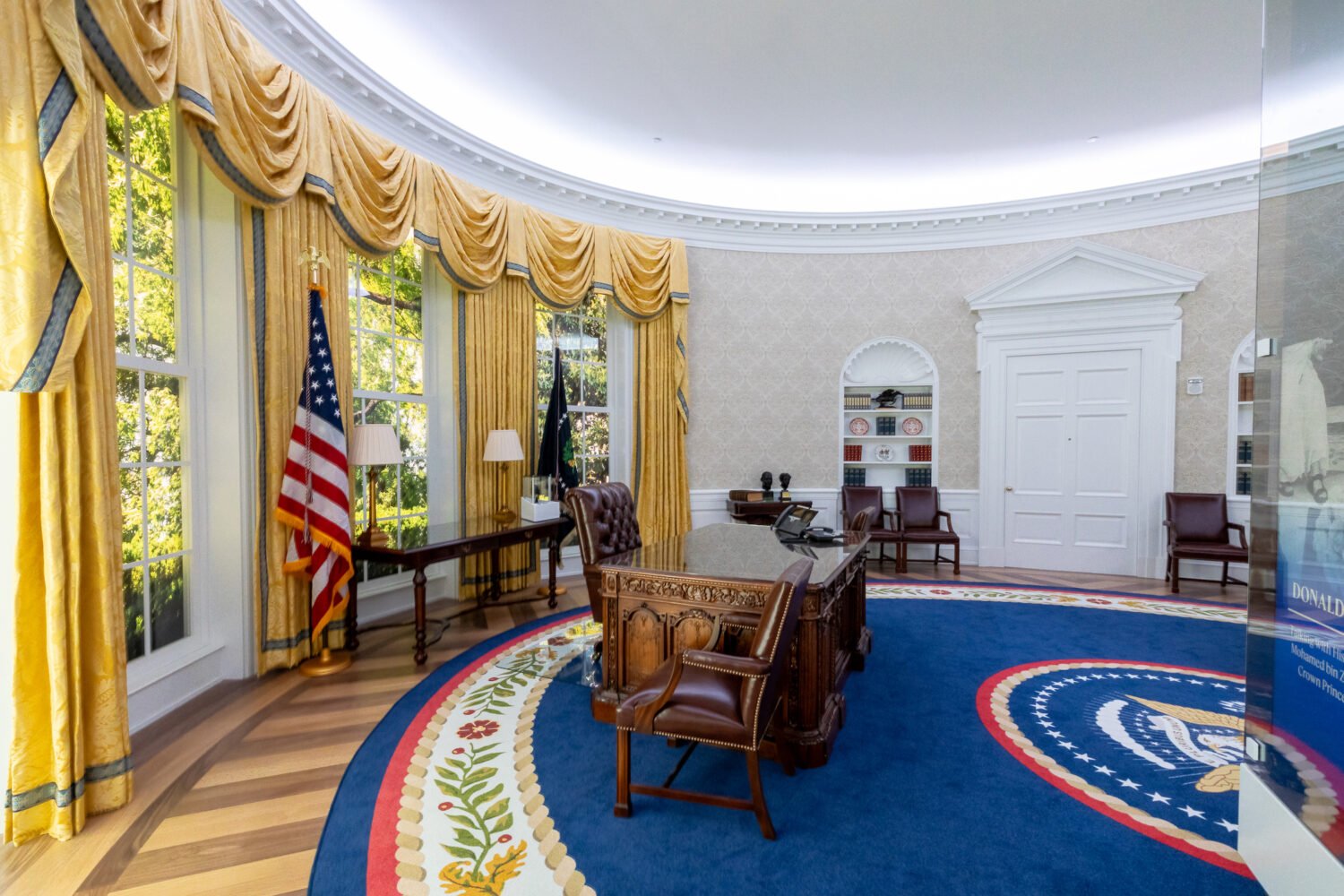National Security Adviser Tom Donilon today called Chinese cyber espionage of US business information “a growing challenge to our economic relationship with China” and “key point of concern and discussion with China at all levels of our governments.”
In the first public remarks by a White House official directed specifically at cyber espionage emanating from China, which is believed to be state-sponsored, Donlion said the problem had “moved to the forefront of [the administration’s] agenda,” and called for “additional, intensive attention,” including recognition by the Chinese government of “the urgency and scope of this problem and the risk it poses–to international trade, to the reputation of Chinese industry and to our overall relations.”
Donlion’s remarks are another pivotal moment in the increasingly tense, and public, dispute between China and the US over cyber spying. The last time the US government went on record blaming China for stealing American companies’ secrets and other proprietary information was when the National Counterintelligence Executive released a frank and alarming report on Chinese and Russian cyber spying. At the time, I compared that to Winston Churchill’s Iron Curtain speech, because it characterized the spying as part of the two countries’ national strategy of military, technological, and economic domination of the West, and the United States in particular.
Interestingly, Donilon’s remarks today were not as emphatic or wide-ranging as that report. His relatively brief comments came up in a lengthy speech on U.S.-Asia policy at the Asia Society in New York. Donilon focused on cyber espionage and stayed away from any discussion of state-on-state spying, or of cyber warfare, even though these are both part of the calculus when it comes to U.S-China relations in cyber space.
But this was the first time any US official has made specific demands of China. In addition to calling for official “recognition” of cyber espionage–Chinese officials steadfastly maintain that their country is not a perpetrator, but a victim–Donilon said, “Beijing should take serious steps to investigate and put a stop to these activities” and “engage with us in a constructive direct dialogue to establish acceptable norms of behavior in cyberspace.”
The Obama administration is raising the stakes. While not specifically accusing the Chinese government of being behind the intrusions, Donilon called for state action and invoked it on the part of the United States. Referring to President Obama’s most recent State of the Union Address, Donilon said, “We will take action to protect our economy against cyber-threats.” Already we’re seeing some evidence of that. In the coming weeks, elements of US intelligence and law enforcement will begin sharing information about Chinese cyber hacking with US telecommunications companies, bringing them deeper into a public-private effort to secure cyberspace.
Donilon also drew a distinction between “ordinary cybercrime or hacking” and what China is accused of doing. He said it’s not “solely a national security concern,” but one for businesses who are “speaking out about their serious concerns about sophisticated, targeted theft of confidential business information and proprietary technologies through cyber intrusions emanating from China on an unprecedented scale.”
This is carefully tuned language. It focuses the administration’s attention on what Donilon characterized as a strategic threat to the economic growth of both countries, which are each other’s most important trading partners. And it brings the private sector into the problem as a key player, not a bystander.
The full video of Donilon’s remarks are here. He starts talking about cyber security about 32 minutes in.









